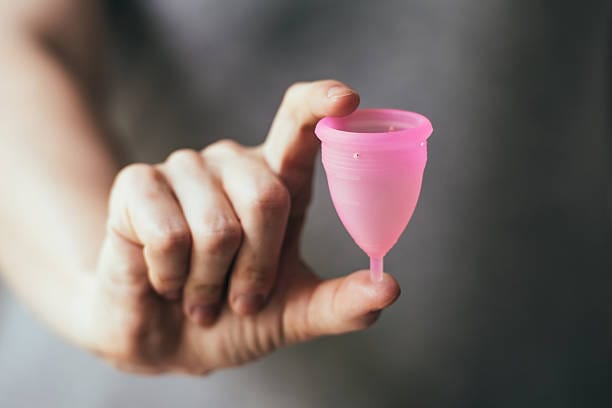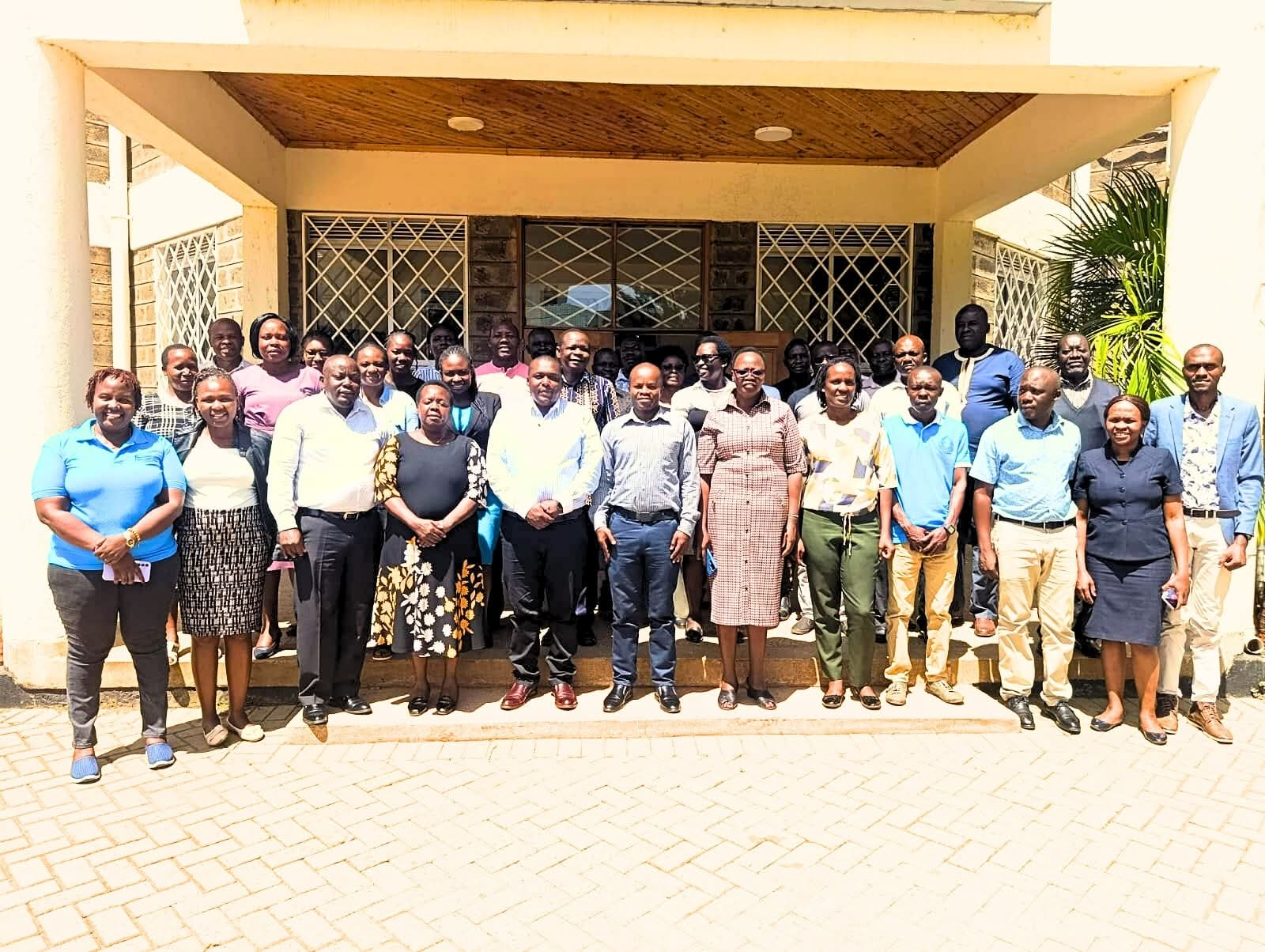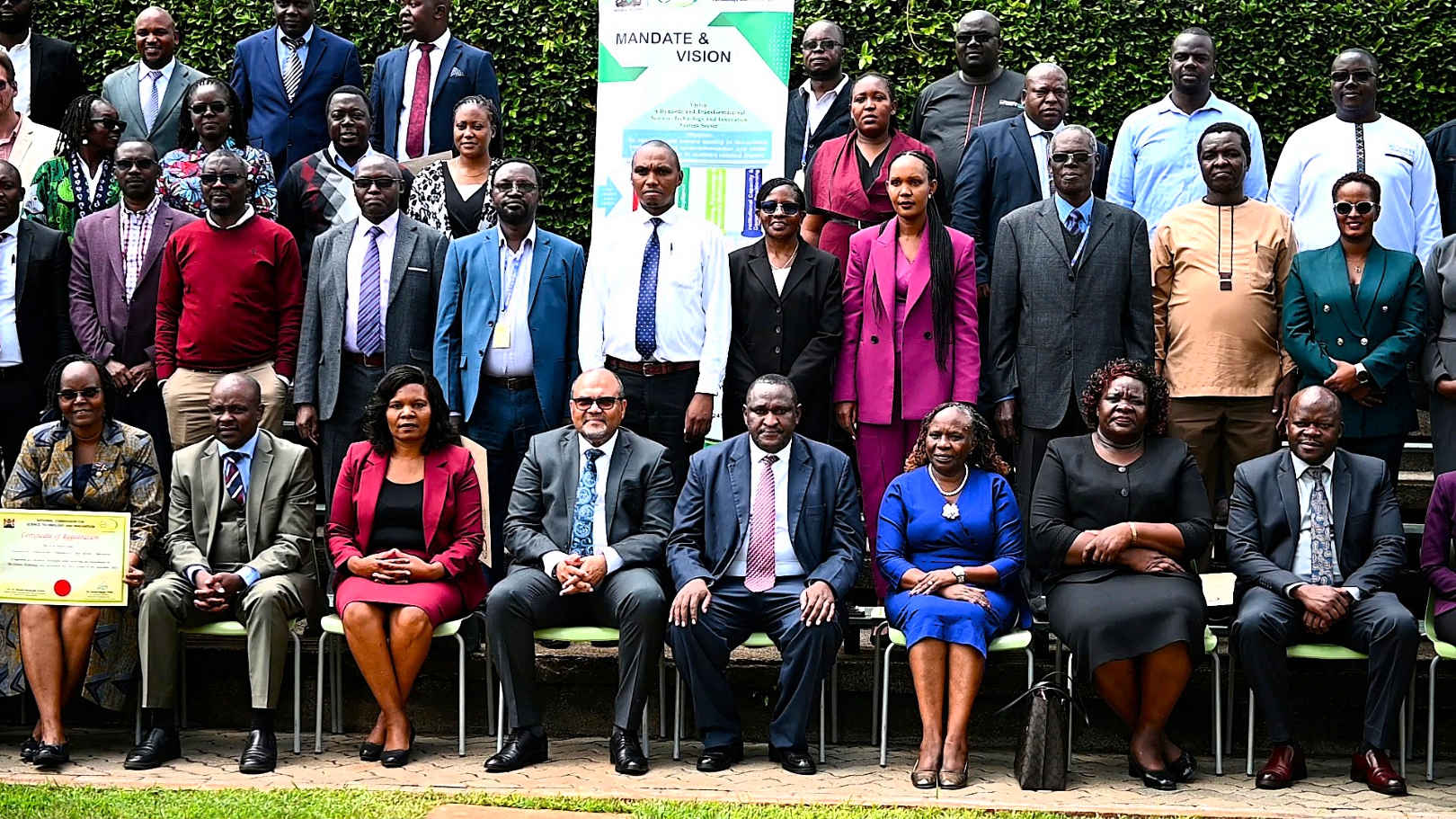· Blog · 2 min read
Cash and Cups for Health (CaCHe) Study
By Walter Agingu (MCHD) - Laboratory Manager, Nyanza Reproductive Health Society (NRHS), Kisumu, Kenya. 28 Apr 2025 The "Cups and Community Health" (CaCHe)...

By Walter Agingu (MCHD) - Laboratory Manager, Nyanza Reproductive Health Society (NRHS), Kisumu, Kenya.
28 Apr 2025
The "Cups and Community Health" (CaCHe) study was a prospective analysis nested within the larger "Cups or Cash for Girls" (CCG) trial conducted in Siaya County, western Kenya. This research aimed to evaluate the effects of providing menstrual cups and conditional cash transfers on adolescent girls' sexual and reproductive health, as well as their school attendance.
This study, stratified into four groups, enrolled secondary school girls aged 14 to 25 who had reached menarche, were not pregnant, and were residents of the area. Participants in the Menstrual Cups (MC) Group received menstrual cups along with training on their safe use and care. Participants in the Conditional Cash Transfer (CCT) Group received cash transfers conditional on maintaining at least 80% school attendance each term. Participants in the Combined MC and CCT Group received both interventions and participants in the Control Group received standard puberty and hygiene education without additional interventions.
The study objective was to assess the impact of these interventions on a composite outcome of new HIV infections, herpes simplex virus type 2 (HSV-2) infections, and school dropout rates over approximately three years.
Findings of the study showed that provision of menstrual cups was associated with a 33% reduction in HSV-2 incidence compared to the control group. This suggests that menstrual cups may offer protective benefits against certain sexually transmitted infections. While the cash transfers aimed to improve school attendance and reduce sexual and reproductive health harms, the study found no significant impact on the composite outcome when compared to the control group. The combination of menstrual cups and cash transfers also did not show a significant additive effect beyond the benefits observed with menstrual cups alone.
The study concluded that menstrual cups could be a valuable tool in improving adolescent girls' reproductive health by reducing the risk of certain infections. However, conditional cash transfers, either alone or combined with menstrual cups, did not demonstrate a significant impact on the measured outcomes. These findings contribute to the ongoing discourse on effective strategies to enhance the well-being and educational opportunities of adolescent girls in similar settings.


